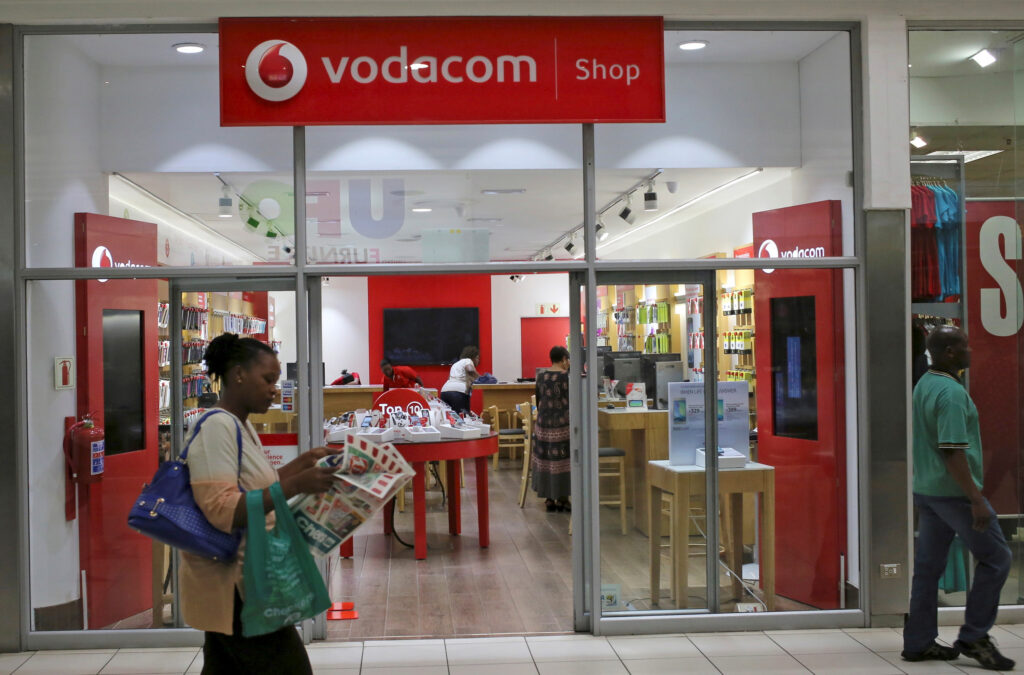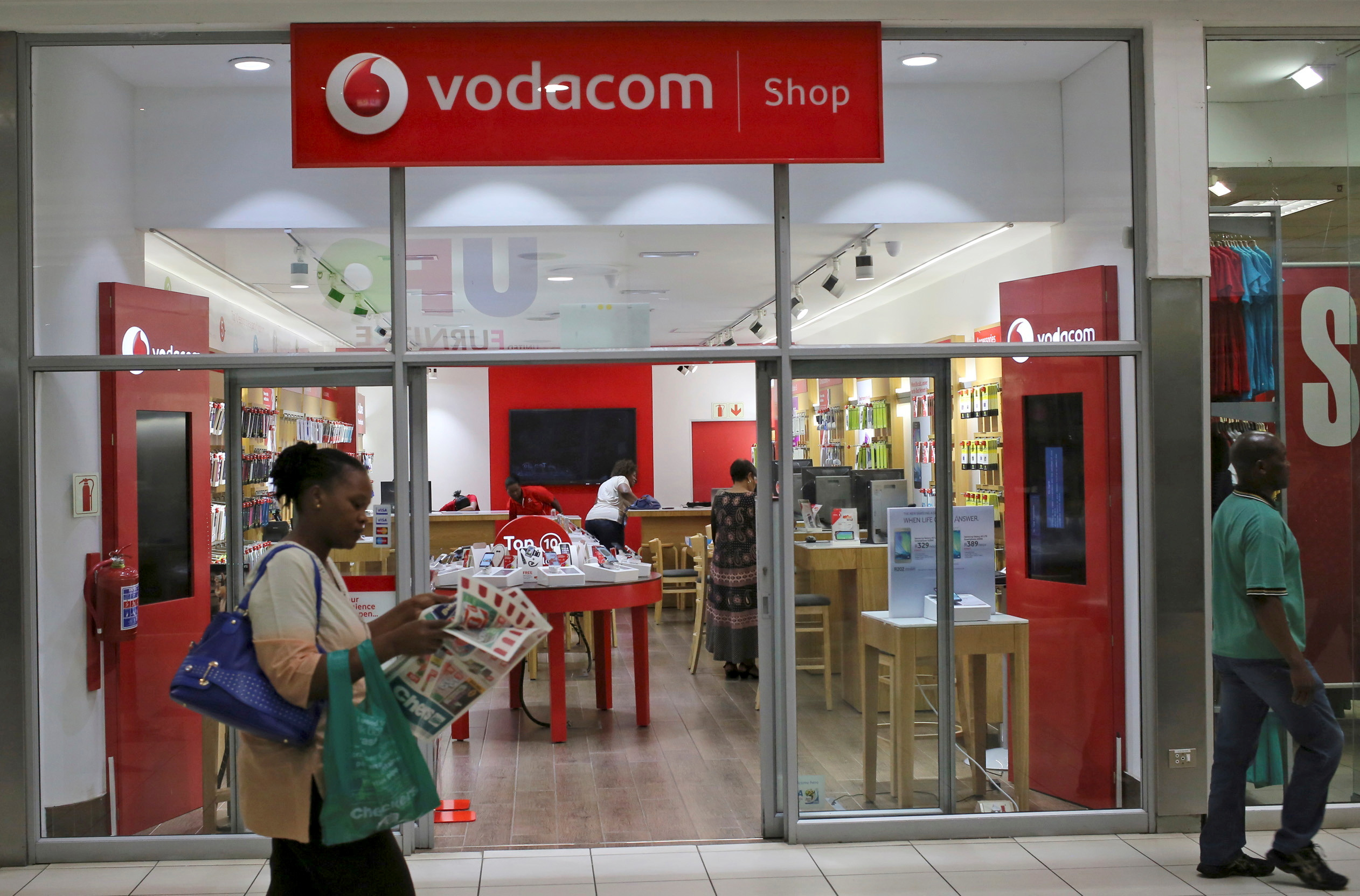
JOHANNESBURG (Reuters) – South Africa’s biggest mobile carrier Vodacom Group expects the country’s power crisis to continue to pose a key challenge for the company in the current year, even as it invests to mitigate the impact.
Telecom players in the country have been spending heavily to install diesel generators to keep their networks on as the monopoly state utility Eskom cuts power for up to 10 hours a day, hurting their profits.
The company had to spend an “incremental R300 million ($16 million) in operating costs in the year mostly on diesel,” Vodacom Group CEO Shameel Joosub said in a media call.
Read More: Eswatini Mobile invests E150m in network upgrades
Since 2021, the continent’s leading telco has spent up to R4 billion towards “energy resilience capex”, he said.
“Unfortunately, this 4 billion investment was a clear trade-off with new capacity that could have accelerated network expansion and 5G in South Africa,” Joosub said.
Due to the power crisis and the impact of other factors such as higher interest charges, inflation and start-up losses incurred in Ethiopia, Vodacom reported a 6.4% drop in full-year profit.
Its headline earnings per share, a profit measure used in South Africa, came in at 948 South African cents for the year ended on March 31, down from 1,013 cents posted a year ago.
Read More: Eswatini could benefit from digital evolution-World Bank
The company, owned by Britain’s Vodafone, has been investing to become a leading pan-African player, including boosting financial services and strengthening its data offering in South Africa.
Vodacom’s revenue for the year jumped 16% to R119 billion, led by a purchase of a 55% stake in Vodafone Egypt and the depreciation of the local currency.
It posted a full-year dividend of 670 cents per share at a dividend yield of almost 6%. Its shares were trading at R111.69 per share, down 0.41% in early trade.






